The Hidden Lifespan Killer: How Solder Temperature Dictates Your PCBA's Fate
Ever wonder why some electronics seem to chug a

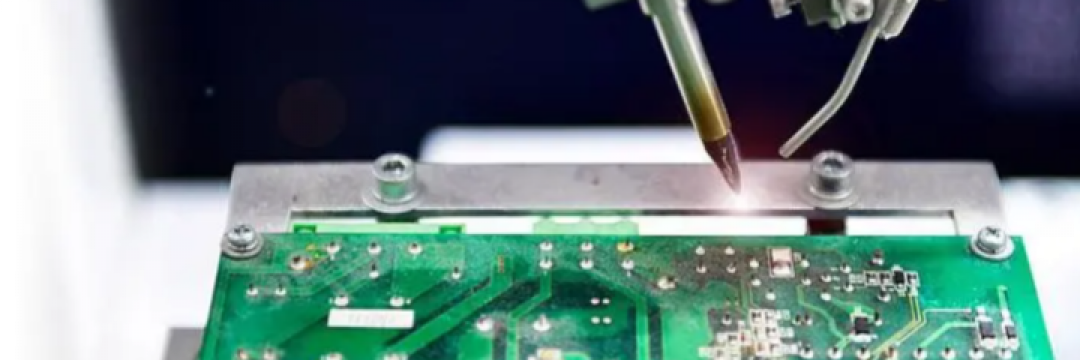
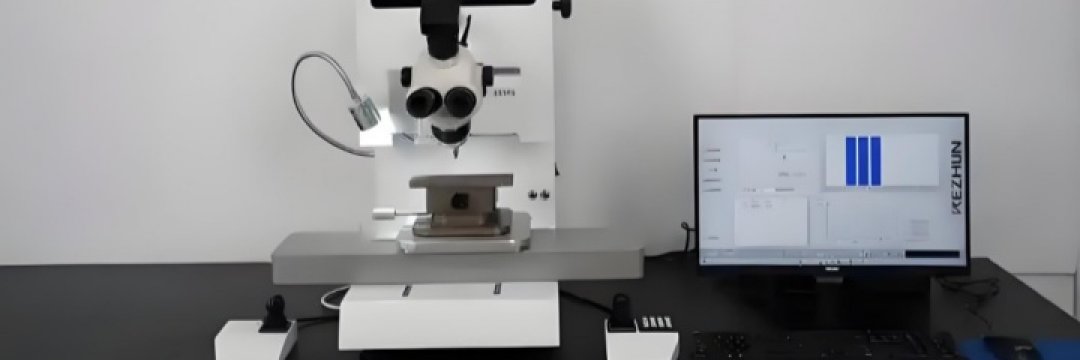
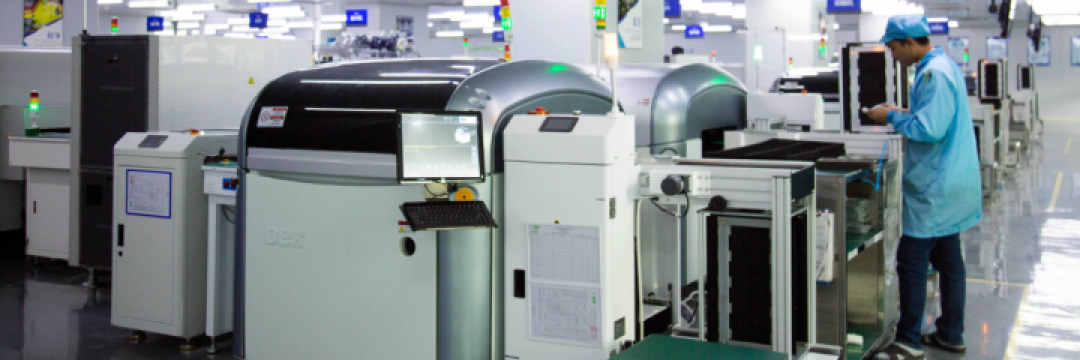
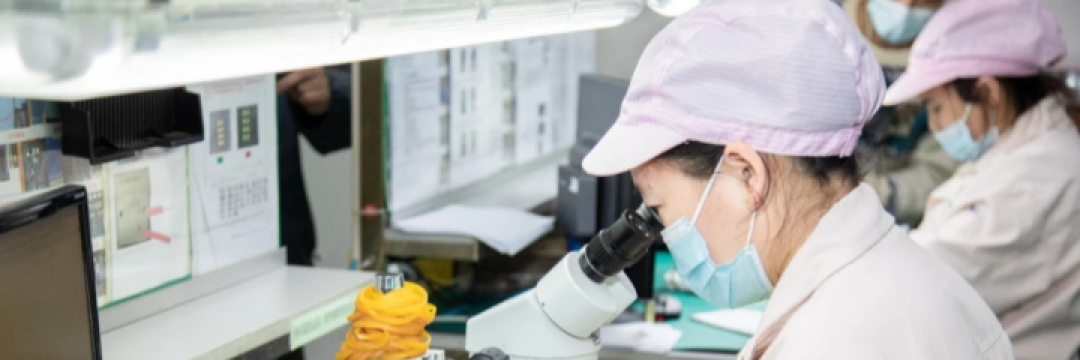
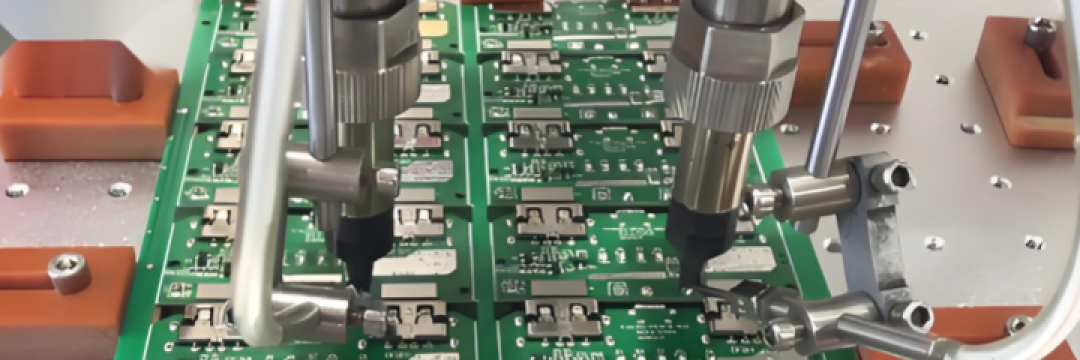
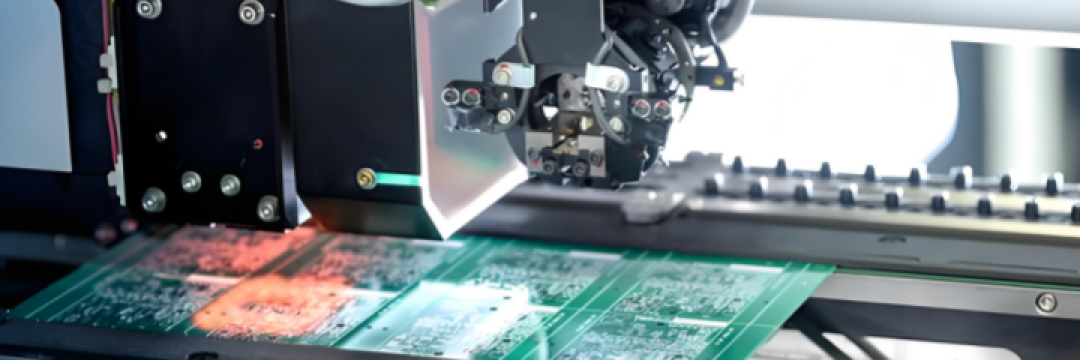
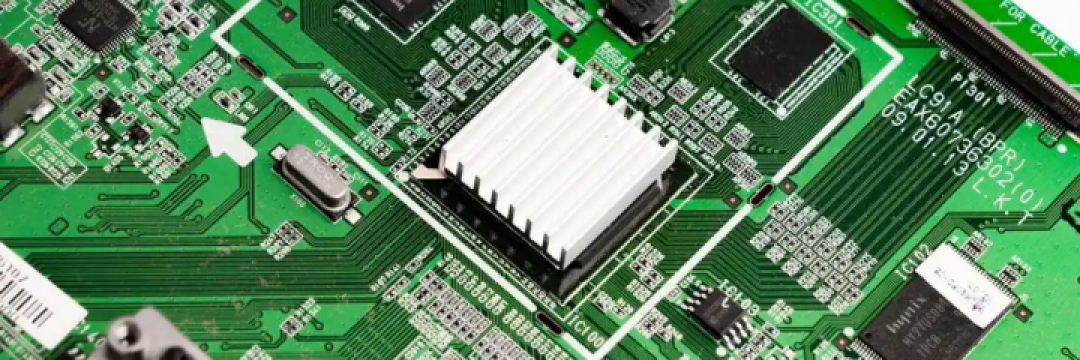
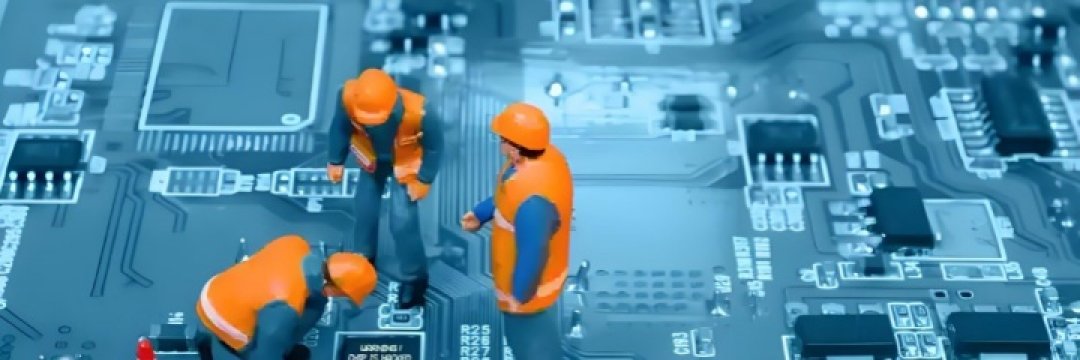
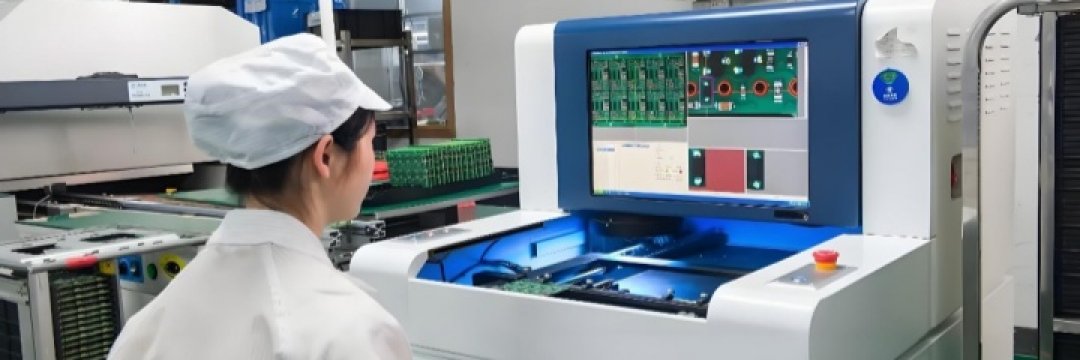
12+ years experience and 300+ engineers working with overseas projects
ISO9001:2015, ISO14001, ISO13485, ROHS, and UL
designing, engineering, prototyping, and production and after-sales services
Coverage of over 150 countries and over 3,600 customers
Respond to your request within one hour, we provide 7/24 hours support for customers in different time zones
SMT lines + Automatic plug-in production line + Wave soldering lines + Assembly lines